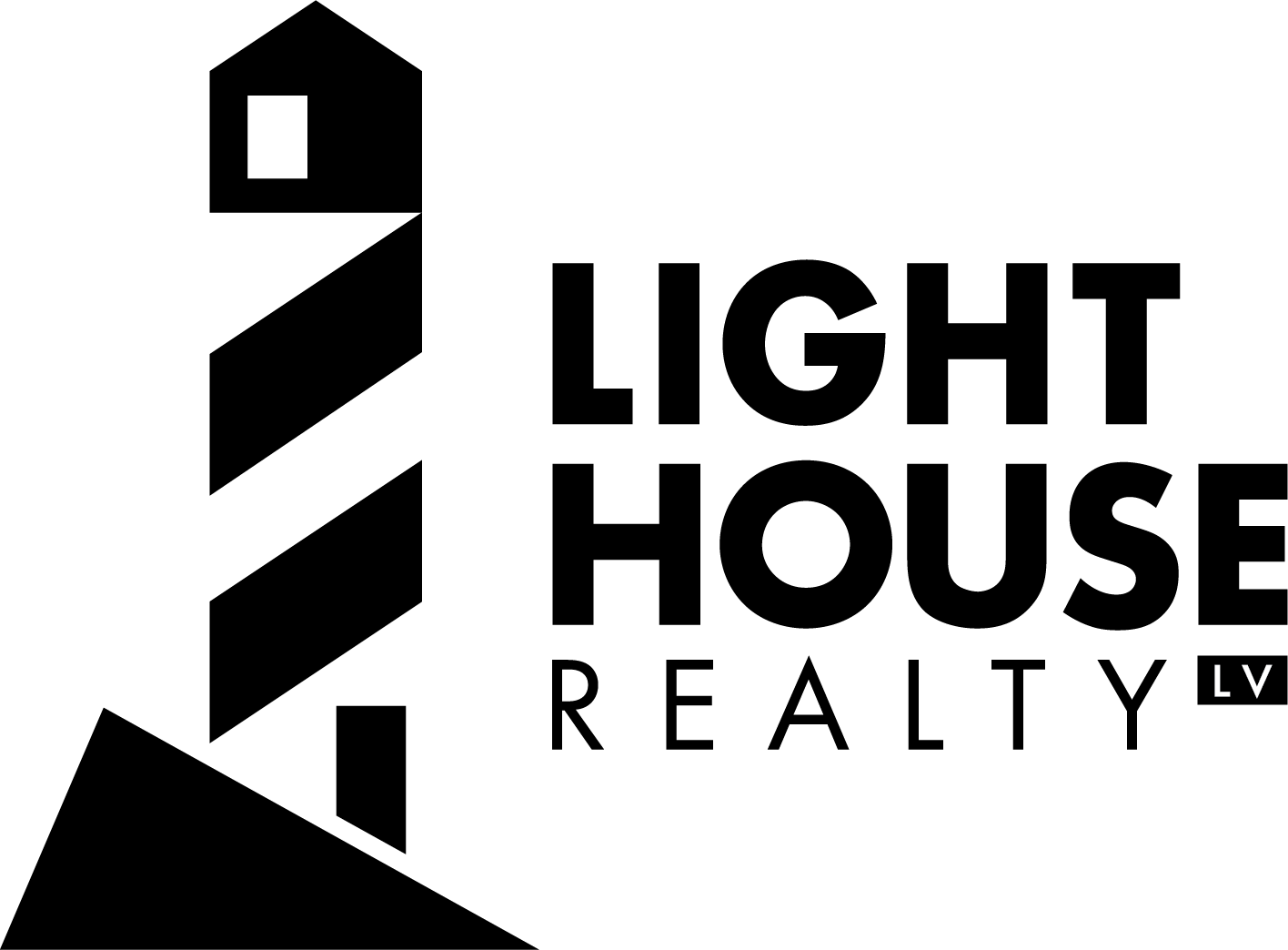Pros & Cons of Investing in Single-Family Homes
During Light House Realty’s last Real Estate Meetup Event in April, our guest speaker was Nick Spade. Nick owns over 100 units in Allentown alone, and one of the strategies he’s passionate about is investing in single-family properties. You would think that someone with his experience would be focusing on bigger and larger properties, but there are some distinct advantages to investing in single-family properties that he pointed out. Given the great information he shared at the monthly networking event, we decided to make a list of our top pros and cons of investing in single-family homes.
PROS
1. Tenants tend to stay longer. There tends to be more transition and a higher turn-rate in multi–unit properties than in single-family units. Having good tenants stay for long periods cuts down on costs for the owner in a multitude of ways: fewer days of vacancy for the unit, less time and money listing the property over and over, and less time and money onboarding new tenants.
2. They’re easier to sell. More people want single-family homes than multi-unit properties. Normally, only those wishing to invest are buying multi-unit properties, so the pool of buyers is more limited. However, even if a single-family property has been used as a rental investment in the past, it could be purchased by both investors and those wishing to use the property as their primary residence.
3. They’re easier to fill with tenants. There are generally a greater number of tenants interesting in single-family properties than multi-unit properties. The potential for noise, pests, and general disagreement keeps many away from renting out multi-unit properties and directed more towards single-family.
CONS
1. If the tenant moves out, you’re out 100% of the revenue. If one tenant or family is responsible for all of your monthly income, you’re at a greater loss when they leave, as opposed to a situation where multiple tenants are responsible for your monthly revenue. This can feel risky if there are circumstances that would make finding new tenants a long process for the property owner.
2. There are higher capital expenditures. Normally, with a multi-unit property, a property owner has to maintain one roof, one HVAC system, and one building exterior for multiple units. This keeps capital expenditures at a minimum. Conversely, with single-unit properties, the property owner is maintaining all of those expenses per-unit, rendering the capital expenditures to be greater.
3. They are harder to scale. Since single-family homes are more expensive per unit, they are consequently harder to scale. You could buy a single-family house in Allentown for $200,000, or you could buy a 4-unit for $400,000. With the multi-family property, you will have paid half as much per unit than for the single-family property, making it far easier to scale.
For more information on investing in single-family properties or multi-unit properties, click the link below.

